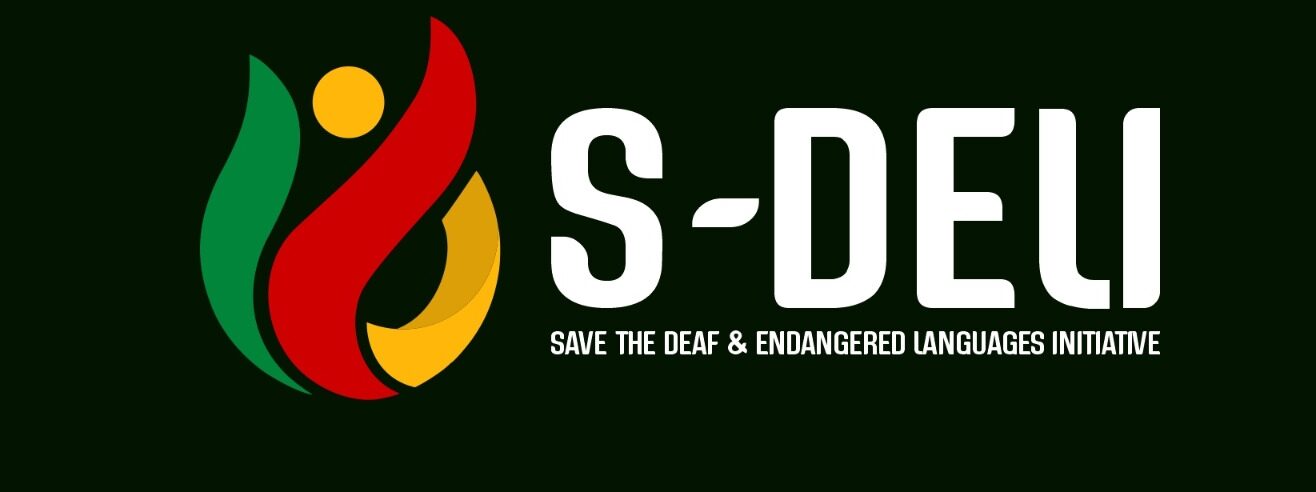![]()
Abuse or Violence against Women and Girls Act is an Act, which many countries, including America are still passing and implementing. The call to stand up or speak out against abuse or violence (for the purposes of this article, these words are used interchangeably to mean the same thing), against women has been intensified by multinational organizations in the recent times through lots or research studies that have contributed in shaping advocacy and policy, which suggests that this is a global menace. In most cases, what is known is what is reported, and from what we know, perpetrators of these deviant acts often do whatever they can, including threatening the victim’s life, to prevent the reporting of their shameful secrets and in other cases, reporting such acts by the victim is considered a taboo by some culture and religion. What concerns us[1] most here is how this issue impacts on women and girls with disability, especially deaf women and girls, who have much more cultural and social restrictions towards reporting.
If the records are correct, which we believe they are, studies show that due to the stigma associated with disability, Persons with Disabilities (PWDs) are victims of abuse on a far greater scale than persons without disabilities[2]. Women with disabilities are 2-4 times more likely to experience intimate partner violence as well as non-partner violence; similarly, they experience high levels of stigma that reduces their ability to seek help or report cases of abuse[3]. Additional studies[4] show that over 246 million children experience gender-based violence in school every year.
As much as our concerns affect women and girls with disabilities in general, the discussions on this article are primarily focused on deaf women and girls in Africa, with Nigeria as a case study. In the eyes of international laws and policies, women and girls are considered a vulnerable group and women and girls with disabilities are a more vulnerable group; by our assessment, therefore, deaf women and girls belong to the most vulnerable group, especially, in communities where access to signed language in the early childhood days is next to zero, in communities where communication between deaf children and their families is incredibly low. If women and girls with other disabilities experience a reduced access to justice, imagine the gravity of reduced access to justice which deaf women and girls in Africa experience due to communication barrier, plus the social stigma that accompanies deafness.
The following[5] are attitudes of violence and abuse against women and girls with disabilities, which by all means, apply to deaf women and girls in Africa.
- Forced isolation, confinement, and being hidden in the family home
- Restraint and isolation in institutions
- Labelling anger and self-assertion by women as behavior that is “mentally ill and dangerous”
- Denial of necessities and purposeful neglect
- Verbal abuse and ridicule
- Physical abuse or threat of it
- Being left in physical discomfort or embarrassing situations for long periods of time
- Threats of abandonment
- Violations of privacy
- Being ignored
- Rape by staff and other inmates/residents of institutions
- Forced abortion
Funmi Oladepo[6] is a 32-year-old deaf woman, sexually abused by her uncle, who later terminated the pregnancy, which opened the door to an episode of abuse and exploitation by her family members, after she had been dropped out of school years earlier. Studies[7] done in Ibadan Nigeria on violence against deaf girls and women show that out of a total of 146 deaf girls (in school and out of school), who were interviewed for experiences of domestic and sexual abuse, 91 of them had experienced one form of physical abuse or the other in the hands of teachers, parents and neighbors, while 18% of the entire studied population had been sexually abused by neighbors, teachers, and family members. The above cases are not unrelated with the cases of sexual abuse of deaf girls in a deaf school in Imo State which were reported from our[8] studies in 2015, whereby 70% of 145 girls screened and interviewed had been sexually abused by teachers, neighbors and family members, while 71% were having Sexually Transmitted Diseases (STDs).
Having established these facts, it is expedient to state that this discussion is not just about reporting these cases, but about laying a path for possible solutions; it is about laying the groundwork for a fight we could possibly win if we fight as a community; it is also about raising the self-esteem of deaf girls and women to stand up against all forms of abuse and violence against them. This is the essence of Beauty Beyond Speech, a project brand of Save the Deaf and Endangered Languages Initiative for standing against all forms of violence against deaf girls, and in advocacy with them and their families against all forms of violence. As we participate in this year’s International Women’s Day, and in partnership with GlobalGiving for the 2019 Girl Fund Campaign, we seek to scale up activities towards documenting cases of violence and abuse against deaf girls in Nigeria and honoring girls and women who have withstood and overcome experiences and effects of abuse.
[1] Team S-DELI, a nongovernmental organization at the forefront of advocacy against all forms of abuse neglect and exploitation against deaf women and girls.
[2]“Report on Violence and Discrimination against disabled people,” European Disability Forum, Belgium, 1999
[3] “What Works to Prevent Violence”, https://www.whatworks.co.za/resources/evidence-in-infographics/item/566-women-with-disabilities-are-2-to-4-times-more-likely-to-experience-intimate-partner-violence
[4] UN Women – “Global Guidance on Addressing School related Gender based Violence”, www.endvawnow.org
[5] “Document on Violence against Women with Disabilities” (2010), International Network of Women with Disabilities (INWWD).
[6] Vanguard, (2018, July 28). My story of sexual abuse as a deaf young lady – Funmi Oladepo. https://www.vanguardngr.com/2018/07/my-story-of-sexual-abuse-as-a-deaf-young-lady-funmi-oladepo/
[7] Arulogun et al (2012). Experience of Violence among Deaf Girls in Ibadan Metropolis, Nigeria. http://internalmedicine.imedpub.com/experience-of-violence-among-deaf-girls-in-ibadanmetropolis-nigeria.pdf
[8] The research and medical team of S-DELI carried out this study in a residential deaf school in Imo State, Nigeria.
